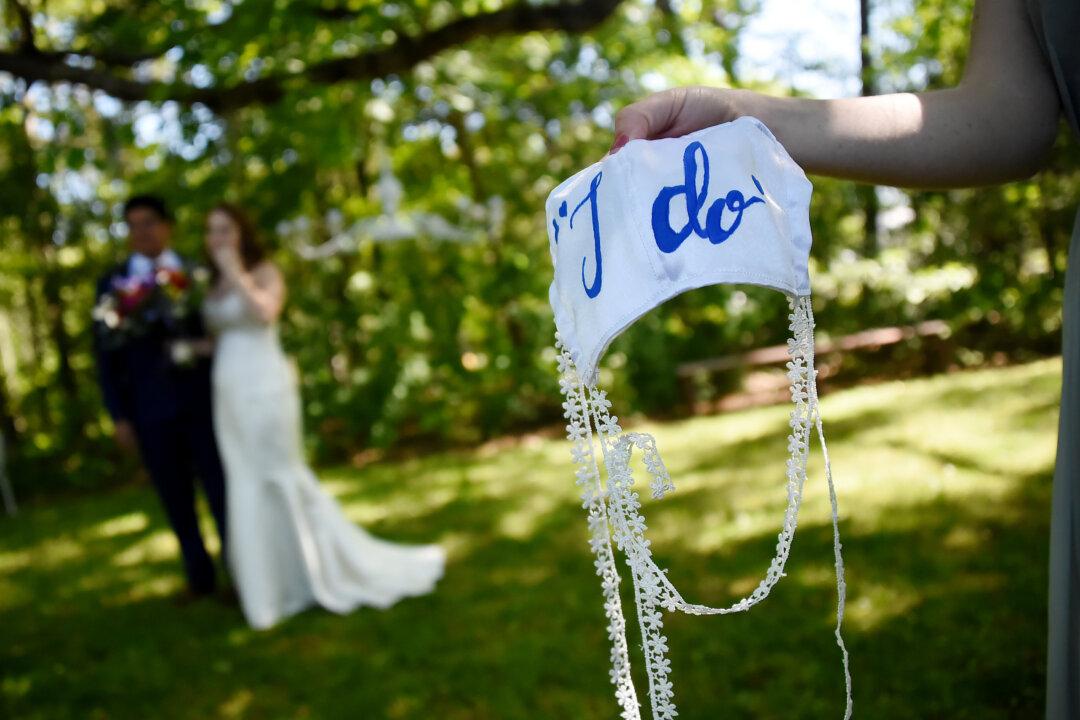A federal judge in Kentucky has blocked the city of Louisville from enforcing an anti-discrimination law against a Christian wedding photographer, allowing her to refuse to work same-sex weddings on the grounds that her work is an expression of free speech, and compelling it would be unconstitutional.
“A government can no more compel that speech than it can compel a freelance speechwriter to write for a political candidate she opposes,” U.S. District Judge Justin Walker wrote in a decision on Aug. 14, explaining his rationale for issuing a preliminary injunction (pdf) in favor of photographer and blogger Chelsey Nelson.





